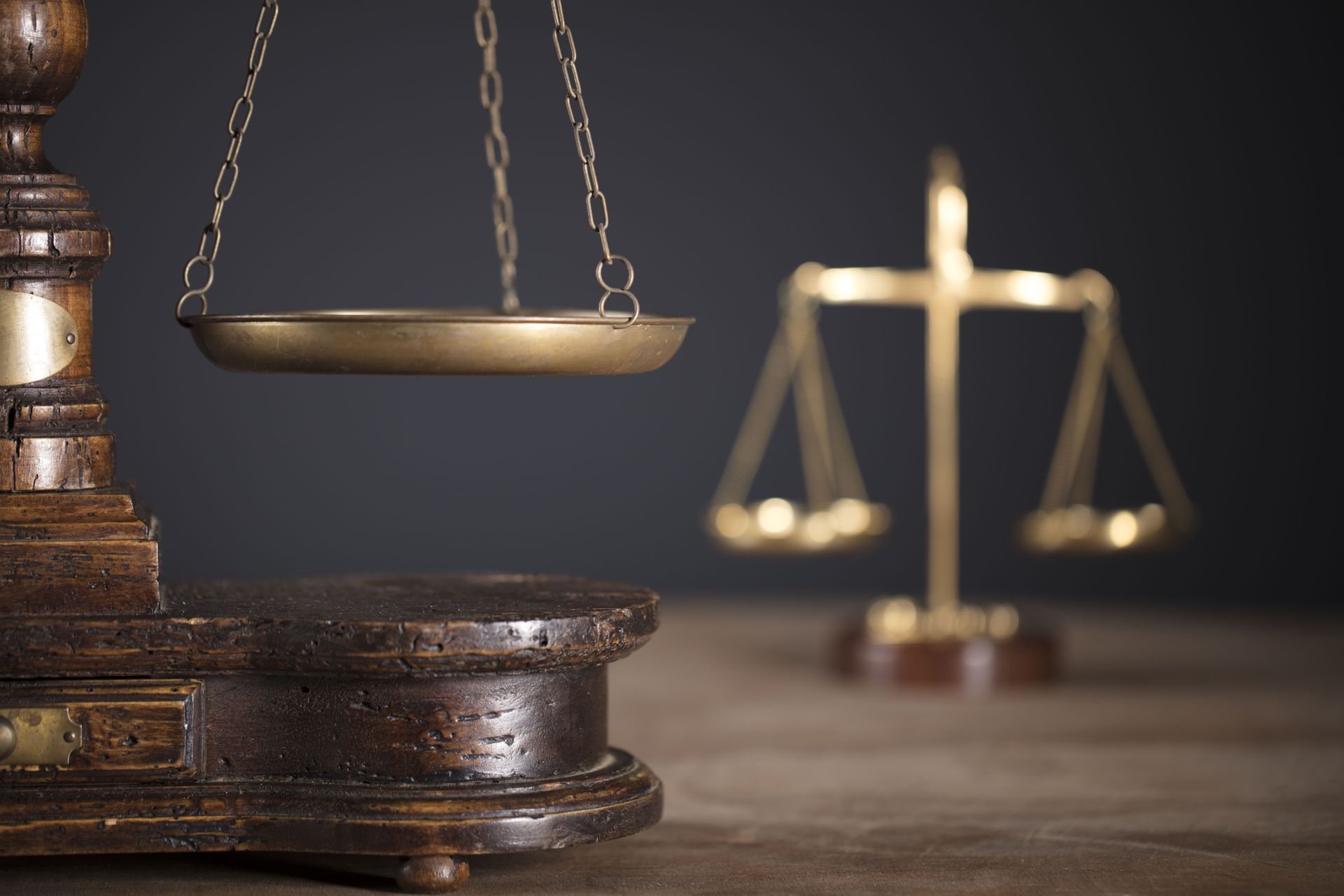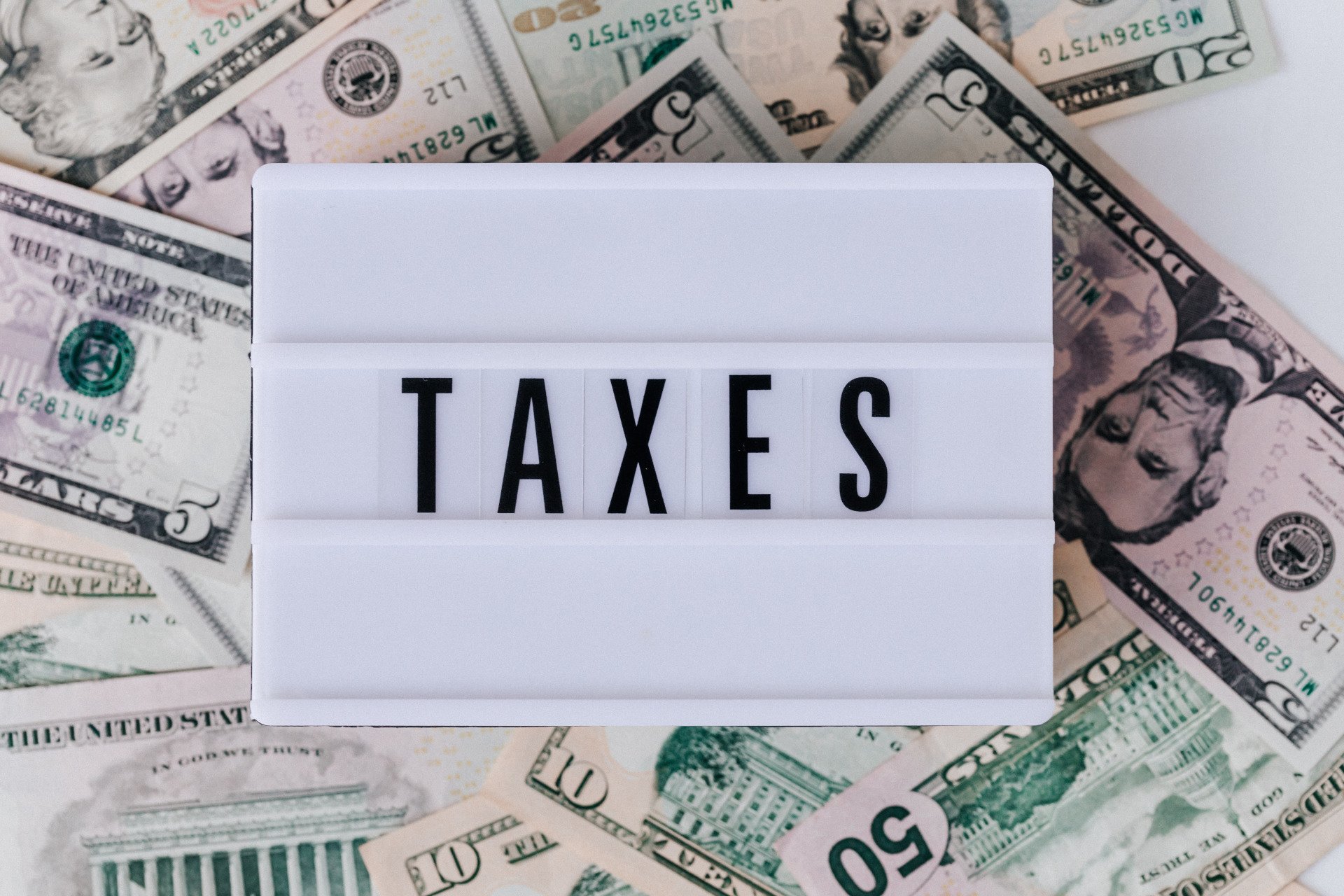
Address
4321 Kingwood Dr. STE 168
Houston, Tx 77339
Get in touch
832-527-8611
patrick@bestbusinessratings.com
Follow us

Should I Sell Assets Before I File For Bankruptcy?
Article By Patrick Mansfield | Best Rated Law Firms | 02/23/2023
Article Summary
Filing for bankruptcy is sometimes seen as a last resort when all other attempts to get out of debt have failed. But, before doing so, you should be aware of the potential consequences and whether or not it’s necessary to sell off any of your assets before filing. Here's what you need to consider when deciding whether to sell assets prior to filing for bankruptcy:
Understand Your Bankruptcy Options
The first step is understanding the types of bankruptcy you may qualify for. If your financial situation meets the requirements for Chapter 7 bankruptcy, then no asset sales would be necessary as part of the filing process. Chapter 7 eliminates most forms of unsecured debt, including credit cards and medical bills, without requiring repayment. However, if you do not qualify for Chapter 7 due to having too much disposable income or property that could be liquidated and used towards paying off debt, then Chapter 13 may be another option. In these cases, asset sales would be beneficial because they reduce debts which would otherwise need to be paid in full through a repayment plan over 3-5 years.
The Consequences of Selling Assets Before Filing For Bankruptcy
Regardless of whether or not asset sales are necessary under the rules set by your state’s court system and creditors collection agencies, selling assets can put you in worse financial standing than if you had filed for bankruptcy without first going through with an asset sale. This is due to how state laws treat different types of assets differently depending on their purpose; some are exempt from liquidation while others are not. Failure to recognize this distinction can lead to some unintended consequences like losing all equity in your home or car, even if it wasn’t part of the original goal of selling those assets in order to pay down debt.
Weighing All Options Carefully
Before deciding exactly what steps to take leading up to your bankruptcy hearing, it's important that all options are considered carefully with respect given both legal regulations and personal circumstances before making any final decisions – neither of which should ever be taken lightly or done without proper legal advice and guidance from an experienced attorney or bankruptcy counselor.
























